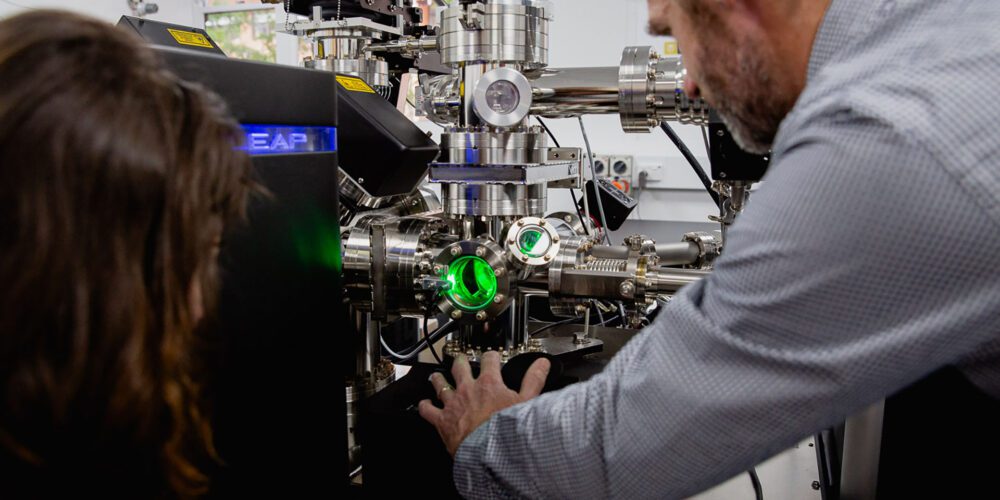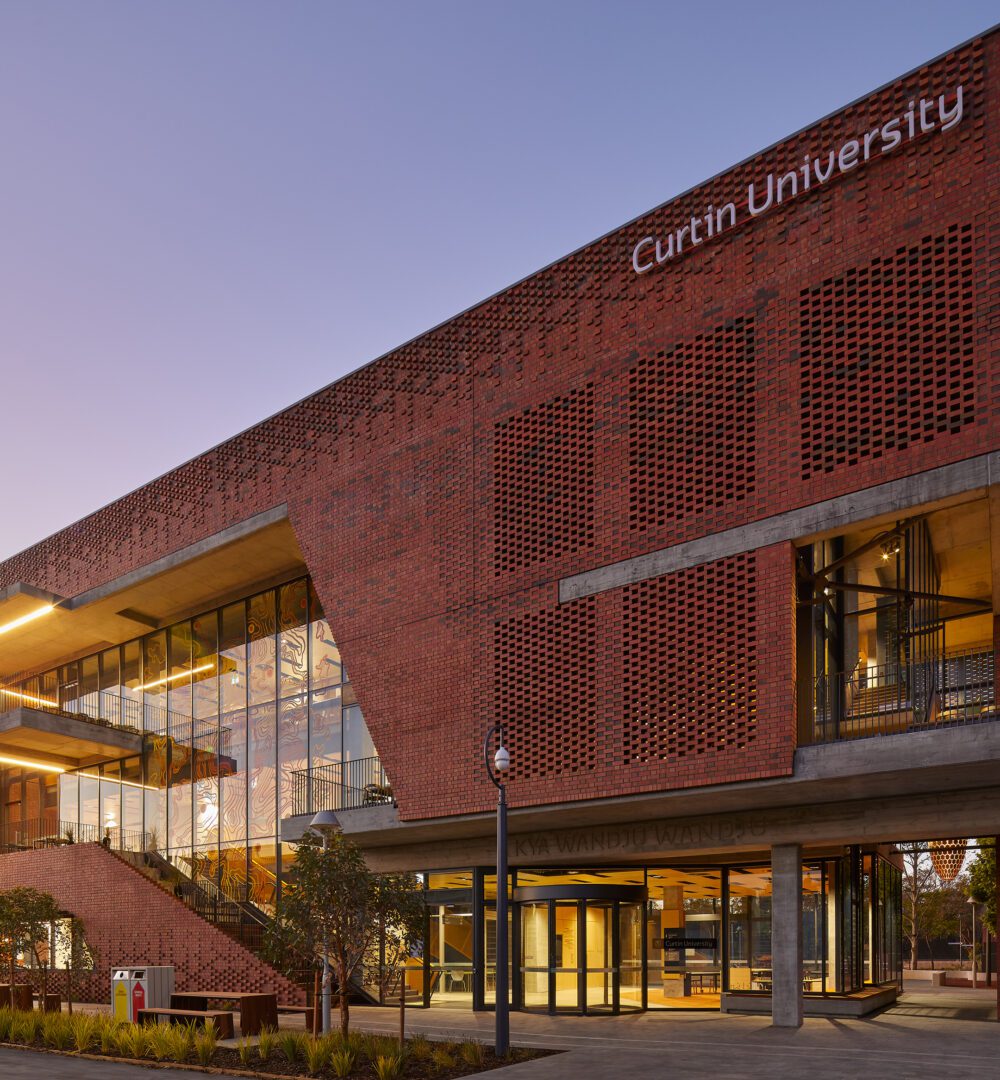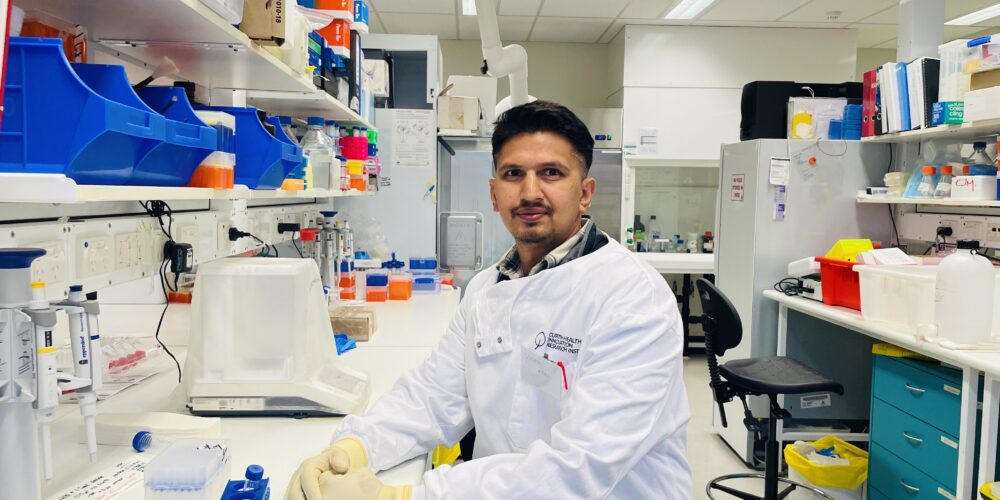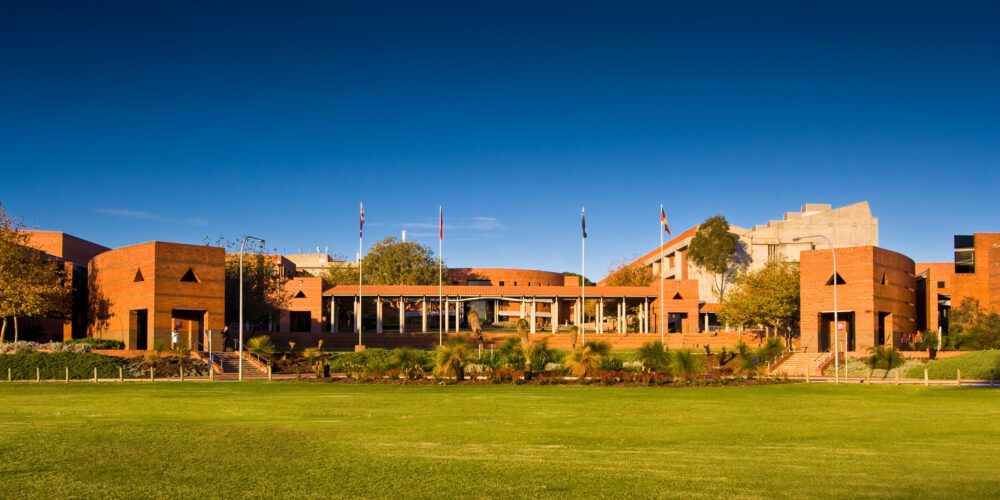Curtin joins network using advanced imaging to tackle major global issues

Curtin University has become the only institution outside of Europe to join an elite global research network, through which it will help tackle problems such as environmental sustainability and obtaining the critical minerals required for the transition to renewable energy and a carbon-neutral economy.
Science Director of the Geoscience Atom Probe at Curtin, Professor Steven Reddy said inclusion in the EXCITE2 network recognised the University as a world leader in nanoscale geoscience research and would allow it to collaborate with some of the world’s leading earth and environmental scientists.
“Funded by the European Research Council, the EXCITE2 network provides easy access to leading-edge imaging technologies that enable researchers and industrial partners to observe intricate processes occurring at microscopic scale in Earth materials,” Professor Reddy said.
“Only by observing the natural world are we able to understand and manage its challenges. Without the advanced imaging capabilities provided by the EXCITE2 Network we are effectively blind to many of the problems relating to environmental sustainability and human health.
“The EXCITE2 Network will help to address socio-economic challenges by establishing connections between environmental factors and human health, mitigating climate change risks, expediting the knowledge needed for the adoption of sustainable and renewable energy technologies, promoting advancements in nanoscience, and ensuring the wellbeing of oceans, water, and sustainable polar regions.”
Facility Leader of Curtin’s Geoscience Atom Probe, Dr David Saxey said as part of this exclusive network, Curtin will give some of the world’s top researchers access to its geoscience expertise and the Geoscience Atom Probe facility in the John de Laeter Centre.
“The Geoscience Atom Probe is a unique facility that provides three-dimensional images of atomic distributions in very small volumes of natural materials, including from important ore deposits and samples of significance for mineral exploration,” Dr Saxey said.
“As the only institution outside of Europe to be included as a participant in this network, it illustrates the international reputation and impact of the Geoscience Atom Probe group as world leaders in nanoscale geoscience.”
Starting in 2024, Curtin will receive funding over four years to provide access to its Geoscience Atom Probe facility and to collaborate with European-based researchers though the network. Led by Utrecht University, the EXCITE2 network includes analytical instruments based in 18 different institutions.



